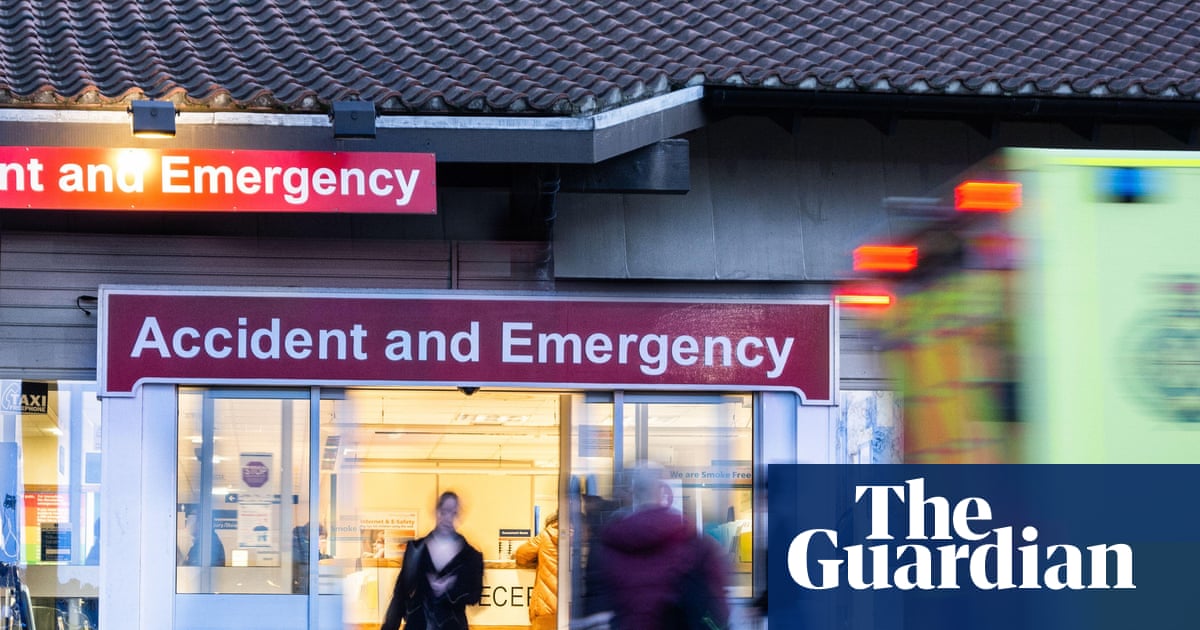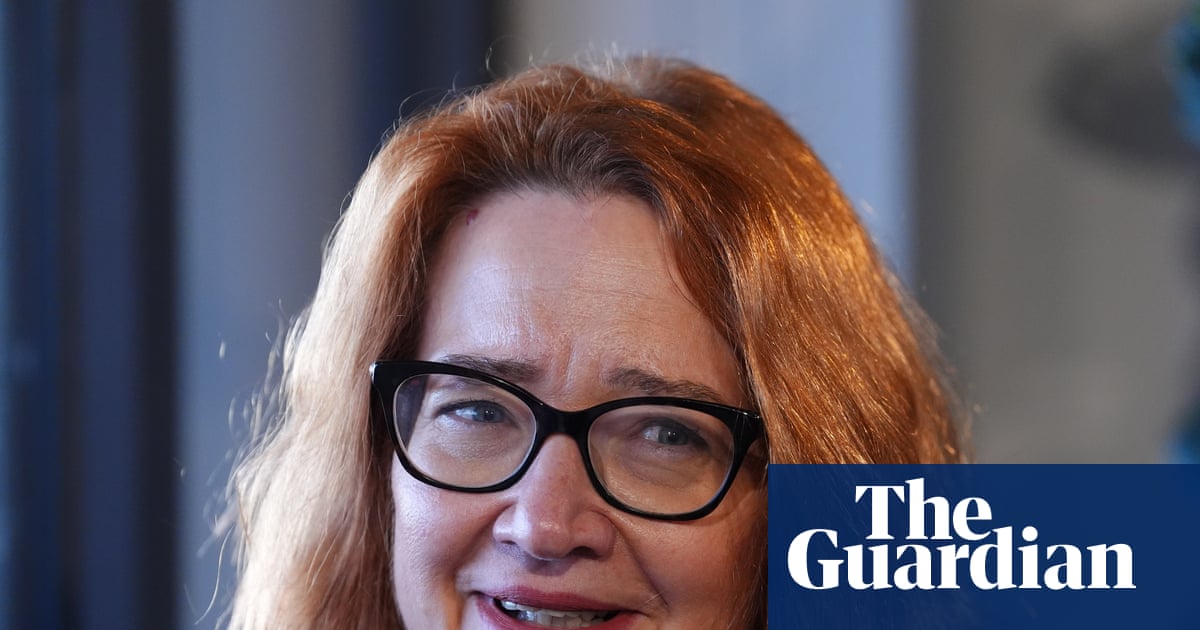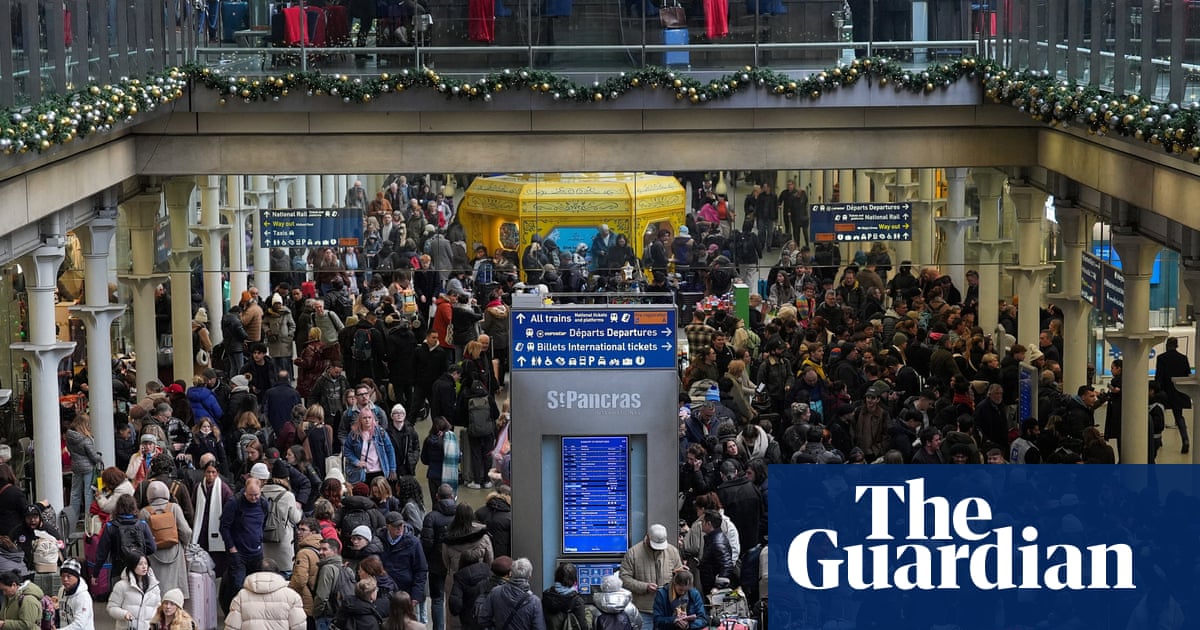A packaging tax designed to end our throwaway society is under fire for inadvertently adding to food price inflation as it pushes up the cost of everything from sausages to soft drinks.
“It’s about 3p on a pack of sausages,” says Andrew Keeble, the co-founder of Heck, of the new extended producer responsibility (EPR) tax.
This year’s packaging tax bill for the family-run food manufacturer, based near Bedale, North Yorkshire, which landed this month, is £153,000.
Heck has already absorbed the increases in employer national insurance contributions and the “national living wage” announced a year ago by the chancellor, but Keeble suggests this new tax will have to be “passed on to a fairly cash-strapped nation”.
The packaging levy – designed to end excessive packaging and create a circular economy – transfers the cost of recycling the ready meal containers and wine bottles in your kerbside bin from councils back on to the companies that sold them.
“We all hate plastic,” Keeble says. “We wish we could live without it. But the reality is this particular tax has been really poorly thought through.”
Heck has “looked around the world” for an alternative to the plastic tray and cardboard sleeve it uses for its sausages but is yet to find a better option, Keeble says. “People don’t shop in a butcher’s shop where you wrap sausages up in paper and hand them over. People shop in supermarkets.”
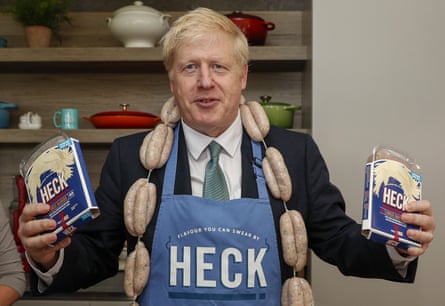
The EPR has been a long time in the making. The idea was introduced by Michael Gove when he was environment minister at the tail end of 2018, with the policy a key plank of a new recycling regime for England.
That December, food inflation was running at 0.7%. But now the environmental measure is kicking in at the tail end of a cost of living crisis in which food price inflation peaked at more than 19%.
While the latest cost of living data shows the annual rate of food inflation has slowed for the first time since March – down to 4.5% in September, from 5.1% in August – that does not mean the cost is falling, just that prices are rising at a slower pace.
In the summer the Bank of England suggested the EPR could add 0.5% to the level of food prices if the cost was passed on in full to consumers.
The tax works by charging businesses for the cost of collecting and recycling the packaging from their products, with the fee per tonne of material set by the Department for Environment, Food and Rural Affairs (Defra).
This year the charges are set at £423 per tonne for plastic and £266 and £192 for aluminium and glass respectively. For paper and card the rate is £196. The UK-wide programme is expected to raise £1.4bn this year. (Steel, aluminium and PET plastic drinks containers are not included because they will be covered by deposit return schemes.)
The British Retail Consortium says last year’s budget resulted in an extra £5bn in employment costs for retailers, leaving them with little room to absorb additional expenses. It expects more than 80% of the EPR’s cost to be passed on to consumers, and describes it as yet “another inflationary pressure, at a time when food prices are already rising fast”.
However, a letter of support for the levy, signed by environmental groups including WWF-UK, Surfers Against Sewage and Wrap, that was published last week bills it as an “essential foundation” policy for a circular economy.
The letter says the tax will “drive down greenhouse gas emissions, reduce impacts from resource extraction on the natural environment and boost the domestic recycling and reuse markets, creating jobs and delivering green growth”.
Defra says the EPR moves the “cost of dealing with waste away from taxpayer”, adding: “We will continue to listen and work with industry as these changes are implemented.”
Within the food sector the howls of pain have been loudest from the drinks trade and small and medium-sized food manufacturers. Glass is hit hard because it is heavy and Defra is using weight as a key metric.
Although the fees for glass were reduced in the run-up to the scheme’s launch, the Wine and Spirit Trade Association says the revised charges are still “extortionately high” and were likely to encourage producers to switch from highly recyclable glass to more environmentally damaging forms of packaging.
The impact of the tax on the dessert brand Gü – famous for its often-repurposed glass ramekins – is “massive”, says its chief executive, Emma Vass.
“We’ve got chocolate, we’ve got dairy, we’ve got national insurance costs, then this on top of it … we’re being hit on every measure,” she says.
Although the production line in its factory in Bishop’s Stortford, Hertfordshire, is engineered to fill the glass pots with chocolate mousse and cheesecake, it is having to consider other options, including switching to a plastic container. Vass declines to share Gü’s bill other than saying it is “huge”.
after newsletter promotion
She says: “If you’re spending £10 on a bottle of wine then the percentage of glass as a cost of that product isn’t as much. When it’s a cheesecake in a glass ramekin then obviously the packaging is more as a percentage of the cost.
“We’re going to have to make cuts in other areas, and then pass the rest on, which we don’t want to do, especially when food inflation has been so high for so long. To put another tax in that affects food inflation again just seems very unfair to consumers.”
However, she adds: “We’re having a look at alternatives. To be food safe it’s plastic that we’re likely to have to move to. It feels like this tax hasn’t been fully thought through.”
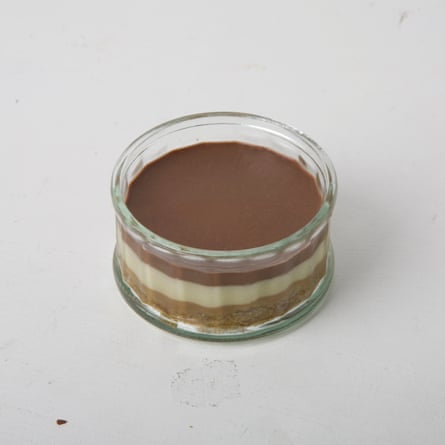
Its ramekins are “iconic”, Vass says, with its consumer polling suggesting 70% are reused. “Every household in the UK has them in their drawers, whether it’s for pot plants or candles or storing nuts.” The company is sticking with glass for the time being as a customer poll revealed they preferred it for quality and sustainability.
Pev Manners, the managing director of the cordial maker Belvoir Farm, says its bill is just over £860,000, a figure equal to about 60% of the £1.4m profit it made last year. The bill is calculated based on the packaging placed on the market in the previous calendar year.
“It is so significant we have had to pass on the cost to the consumer,” Manners says. At retail, the EPR has put about 25p on a 750ml bottle of its cordial because supermarkets see it as part of the cost, then add their profit margin and VAT on top, he explains. To reduce its EPR bill the company has now made its glass bottles lighter.
The tax has “absolutely, definitely” caused food inflation “because it’s on everything in the food chain”, Manners adds.
Even if the timing is bad, the government says that the EPR “is right for businesses who produce packaging to pay their fair share of the recycling costs”. It is also a policy successfully used by other governments, especially in mainland Europe.
Household recycling rates have flatlined for years and huge quantities of waste are still sent to landfill or incinerators, with packaging an important component.
In its second year of operation, Defra will introduce “modulation”, meaning that fees will be higher for hard-to-recycle materials. Companies that switch to packaging rated “green” under Pack UK’s “recyclability assessment methodology” will get a discount.
Companies using reusable and refillable containers will only pay disposal fees the first time packaging is placed on the market.
The complaints from food businesses and trade associations ignore the fact that “working people are already paying the price for packaging through their council tax bills”, says Catherine Conway, the director and policy lead at the sustainability consultancy GoUnpackaged.
She suggests companies should “stop complaining” and “recognise the very obvious solution they have at their fingertips and start taking the necessary steps to move much of their single-use packaging into reuse”.
The EPR is the cornerstone of wider packaging changes. While this specific tax applies across the UK, because waste is a devolved area, the home nations have their own approaches.
In England a new household recycling regime requiring councils to collect the same set of materials, including food waste, starts in March. Then from 2027 a bottle and can return scheme, which also covers Northern Ireland and Scotland, will offer consumers a financial incentive to return empty drinks containers to collection points. Wales’s scheme will also start in 2027 but it includes glass.

 2 months ago
49
2 months ago
49


